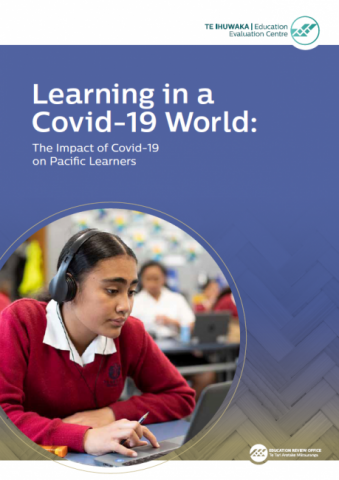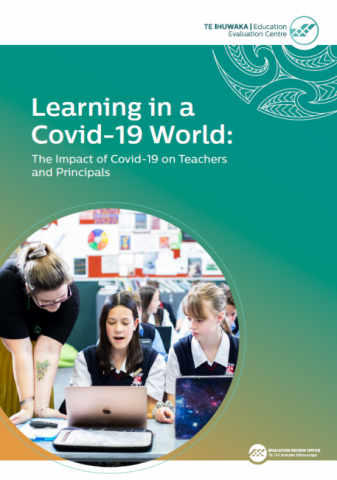Long-Term Insights Briefing: Summary of submissions and topic decision
Published: 02 Jun 2022
This document provides a summary of submissions and a decision on the subject matter and scope of the Education Review Office’s 2022 Long-Term Insights Briefing.
Thank you to everyone who took the time to provide a submission. Your input will help build and strengthen our Long-Term Insights Briefing paper.
- Audience:
- Academics
- Education
- Parents
- Schools
- Content type:
- Research
- Topics:
- Te Ihuwaka | Education Evaluation Centre


















